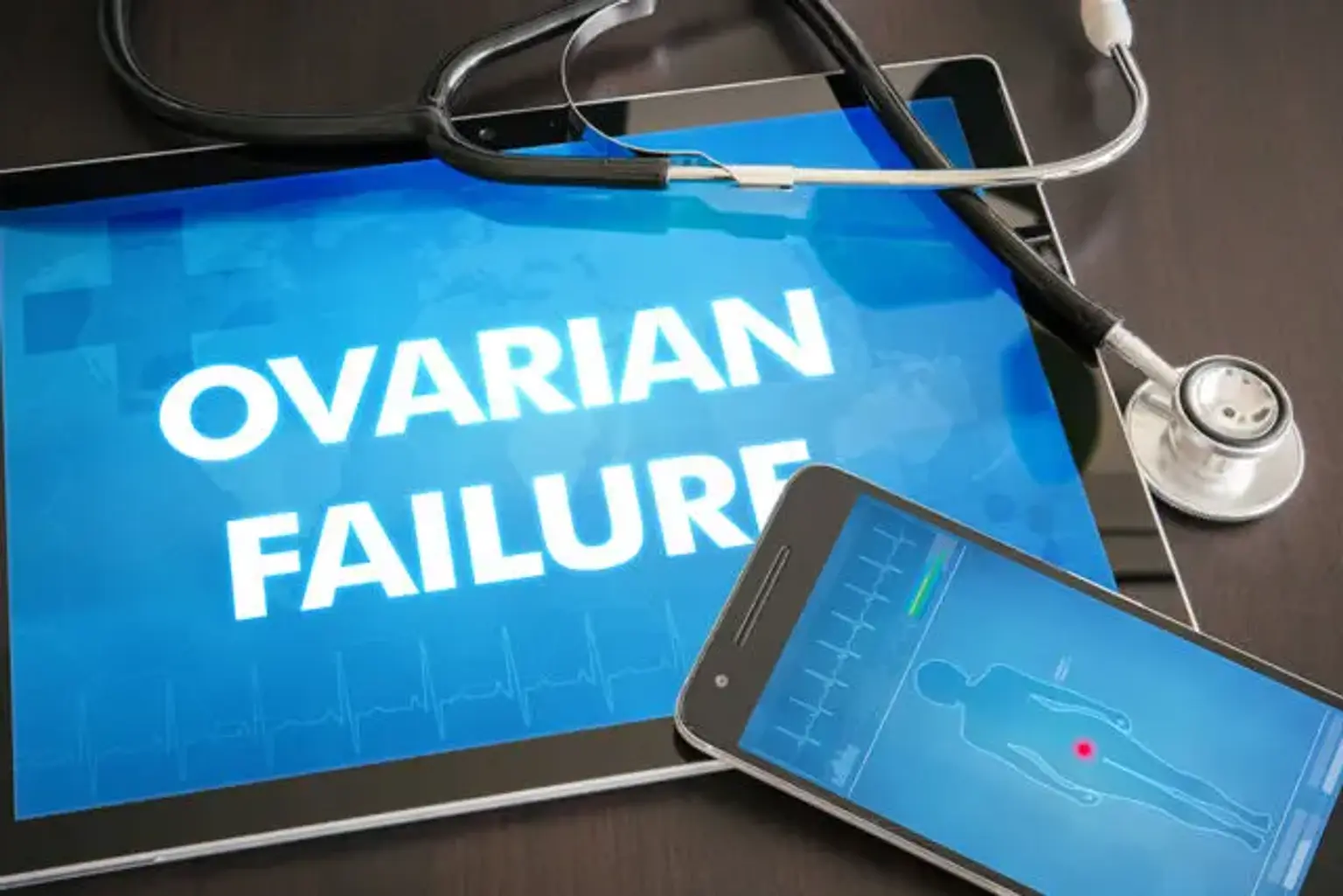Primary Ovarian Insufficiency
Menopause is a physiological change that happens in women between the ages of 45 and 55. When menopause happens before the age of 40, it is referred to as premature menopause. For many years, this disorder was known by various names, but it is now known as Primary ovarian insufficiency (POI), and idiopathic POI is estimated to affect 1% of females under the age of 40. If not treated properly, POI can lead to a variety of long-term health problems. POI has been linked to a higher risk of cardiovascular morbidity and mortality, as well as a higher risk of morbidity and death related to osteoporotic fractures.
For the long-term health of individuals with POI, it is commonly acknowledged that estrogen replacement up to the usual age of physiological menopause is essential. This will be administered to most women as menopausal hormone therapy (MHT), although it may also be taken as part of the combined oral contraceptive pill. POI is a leading cause of infertility in women, causing severe psychological and emotional distress for women and their families. Because women are unable to produce new eggs once their ovarian reserve has been depleted, oocyte or embryo donation are frequently the sole possibilities for pregnancy.
